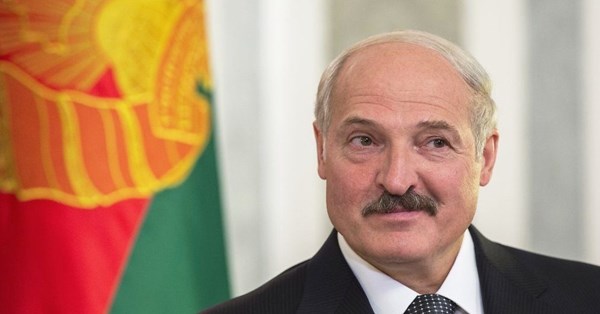EU decides not to impose sanctions against Lukashenko
The European Union will not impose personal sanctions on Belarusian President Alexander Lukashenko, reported the German newspaper Welt.
Earlier, Reuters, citing an informed Canadian source, reported that the U.S., the EU and Canada are discussing the imposition of sanctions against Minsk because of the disputed results of the presidential elections and the actions of the security forces in suppressing the protesters.
According to the German newspaper, Germany, France and Italy opposed imposing sanctions against Lukashenko. Berlin and Paris believe that such restrictions would complicate further communication with Minsk.
Welt, citing a senior EU diplomat, says the sanctions list will be published next week or later. At the same time, the newspaper's interlocutor did not rule out that the list could be supplemented later.
At the end of August, Lithuania, Latvia and Estonia imposed sanctions on Lukashenko. The Belarusian leader and 29 other high-ranking officials were declared persona non grata and banned entry to the Baltic countries.
Minsk said that Vilnius, Riga and Tallinn made such a decision under the influence of other European states. Lukashenko described the sanctions against him as "thrown from under the fence."
Later, the head of the Belarusian Foreign Ministry Vladimir Makei said that Minsk had imposed symmetrical sanctions against the Baltic countries. At the same time, he did not specify who exactly got on the sanctions list, saying only that it included those who made unacceptable statements and "zealously interfered" in the internal affairs of the country.
Presidential elections in Belarus were held between August 4 and August 9. According to the Central Election Commission of Belarus, Alexander Lukashenko, who has been in power for 26 years, received 80.1% of the vote, and 10.1% voted for his main opponent Svetlana Tikhanovskaya.
The results of the elections in Belarus were not recognized by the United States, Canada, Great Britain and the countries of the European Union, including Belarus’ geographical neighbors - Poland, Lithuania, Latvia and Estonia.
The Belarusian opposition also did not recognize the results of the elections because of mass fraud at polling stations and formed the Coordinating Council for the Transfer of Power. Since August 10, after the announcement of preliminary results, protests began in the country. They have been severely suppressed by the country's security forces. Protesters are demanding new elections.
Earlier, at Lukashenko's request, Putin formed a reserve of law enforcement officers, which, according to the Russian president, will not be used until "extremist elements" start to set fire to cars, banks, and seize administrative buildings.
Lukashenko, for his part, noted that "no soldiers from Russia have yet crossed the border." However, he stressed that neither he nor Putin "will flinch neither his voice, nor his hand, nor the foot in order to tackle anyone who twitches on the western border of the Union State."
According to many political scientists, public figures of Russia and ordinary citizens, one small provocation will be sufficient for Putin to deploy the reserve forces to Belarus.
